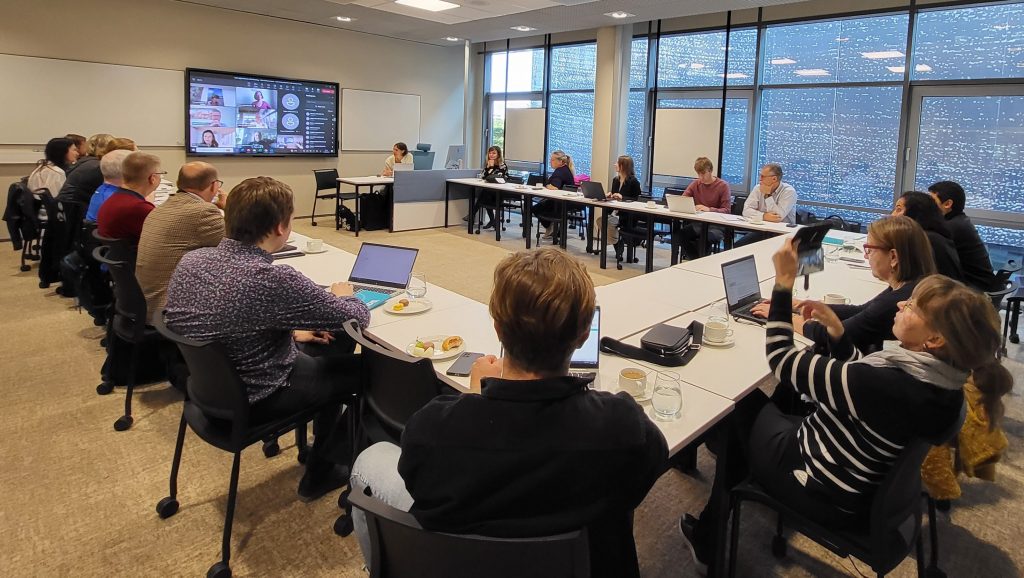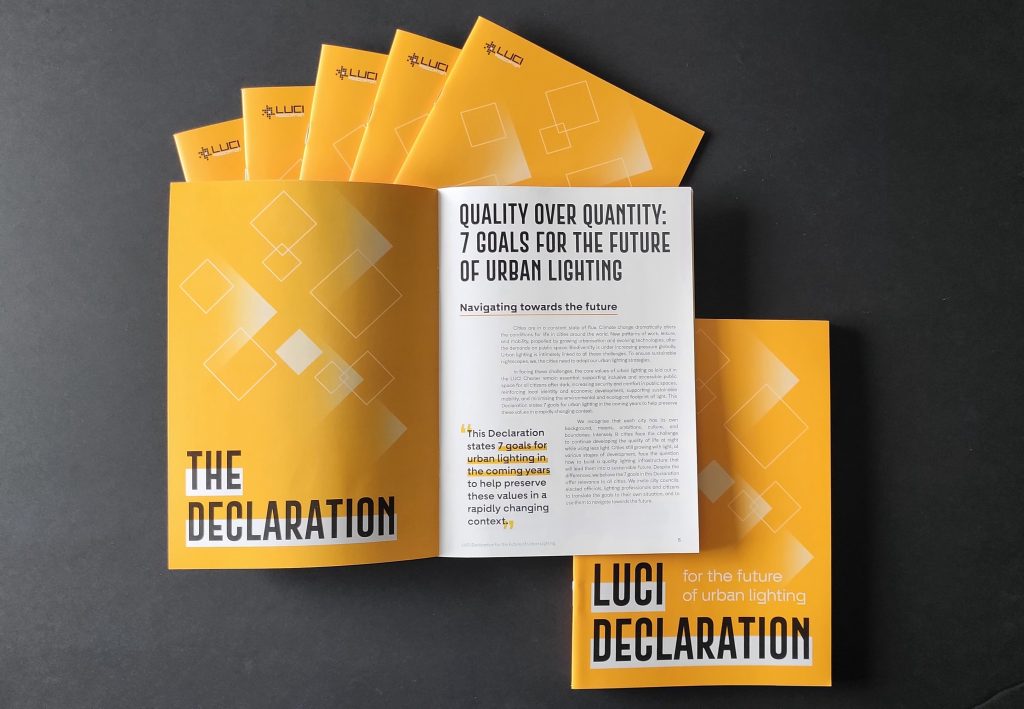How are cities around the world dealing with light pollution?
On Saturday 15 October, the “Jour de la Nuit” was celebrated in France. This was an opportunity to draw attention to the undesirable effects of artificial light on animals and plants. It’s also an opportunity to talk about the way which cities are tackling light pollution and working to reduce it.
Within the LUCI network, we report on the ways in which municipalities in different countries around the world are tackling the issue of light pollution.
The contributions presented at a dedicated working group in Tallinn last September, and the results of a survey carried out among some twenty cities on the current regulatory framework and measures for assessing and monitoring light pollution in cities, have enabled us to gather some feedback and draw some initial conclusions and lessons learned.
According to the study:
> A large proportion of municipalities are proactive in reducing the negative impact of urban lighting on biodiversity. biodiversity and have adopted strategies or urban lighting plans that set out a regulatory framework for a regulatory framework for light pollution.
> Most of them consult their residents on this subject and take their opinions into account. their opinions.
> At this stage, however, they are not sufficiently equipped to measure light pollution and they don’t always know how much leeway they have to regulate public lighting.
> To combat light pollution, towns and cities are relying as much on prevention as on enforcement. the application of the law.
> While remaining at the forefront of these initiatives, local authorities are also advocating greater collaboration with the private sector. collaboration with the private sector.
The LUCI network has also identified a number of good practices undertaken by cities members. For example:
> Some cities like Strasbourg and Montpellier, use satellite images to measure light pollution, others use orthophotography; such as Lyon.
> The cities of Helsinki and Tallinn have conducted a survey among their citizens to on the subject of light pollution.
> The city of Geneva has set out to identify and restore the black grids within itsa area.
> The city of Seoul has introduced a genuine regulatory framework, with the application of the law and penalties for those who fail to comply.
> The city of Amsterdam has created a post of light and darkness manager.
Preventing light pollution, a major work for the cities in the LUCI network
In the Declaration for the future of urban lighting, published in May 2023, the LUCI network sets out recommendations for adapting urban lighting strategies to climate change, changing lifestyles and lifestyles and technological transformations.
In the face of light pollution, it calls for a re-examination of current lighting policies, to promote tailor-made lighting scenarios that meet the needs of towns and cities with as little light as possible.
>> Want to contribute tackling light pollution? Contact us at luci@luciassociation.org!
©LUCI Association



